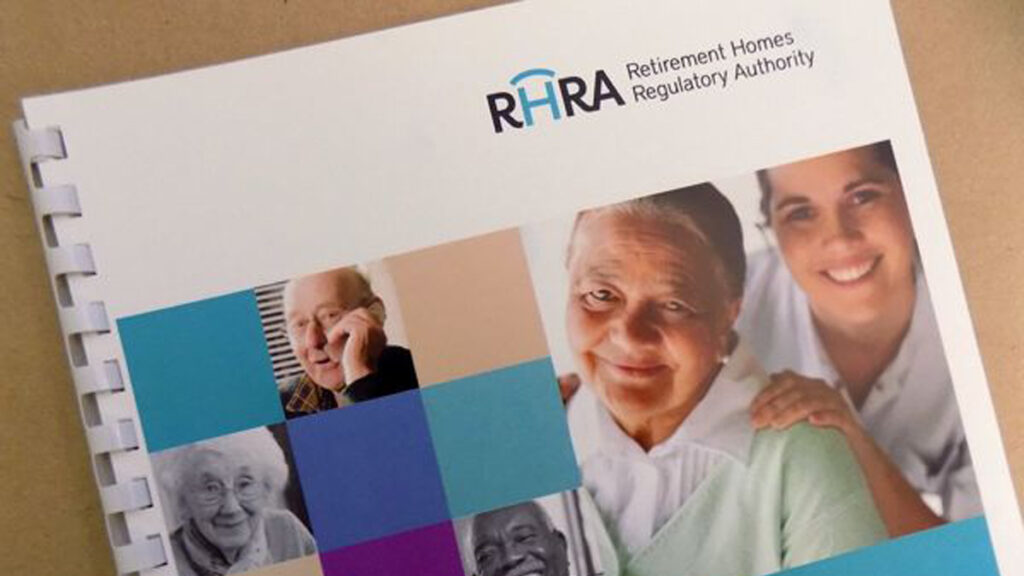Discover Retirement Home Options in Ontario with the RHRA
As individuals approach the stage of retirement, ensuring a comfortable and supportive living environment becomes a priority. In Ontario, seniors and their families have access to a variety of retirement home options, offering different levels of care and support. The Retirement Homes Regulatory Authority (RHRA) plays a crucial role in overseeing retirement home regulations and licensing to ensure the well-being of residents.
Retirement Home Regulations and Licensing
When considering retirement home options in Ontario, understanding the regulations and licensing requirements is essential. The Retirement Homes Regulatory Authority (RHRA) is responsible for overseeing and enforcing these regulations, safeguarding the rights and safety of seniors living in retirement homes across the province.
Understanding the Retirement Home Regulatory Authority (RHRA)
The Retirement Homes Regulatory Authority (RHRA) is a regulatory body dedicated to protecting the interests of seniors living in retirement homes in Ontario. It works to ensure that licensed retirement homes adhere to specific standards related to accommodation, care services, and support services, promoting an environment where seniors can enjoy a high quality of life.
Importance of Licensing for Retirement Homes
Licensing for retirement homes in Ontario is crucial in maintaining the well-being of residents. It signifies that a retirement home meets the necessary criteria and standards set by the RHRA, providing assurance to seniors and their families regarding the quality of care, accommodation, and support services offered. Licensed retirement homes offer a range of options, from independent living to long-term care, catering to the diverse needs of seniors in Ontario.
Reporting and Complaints
When it comes to reporting harm or risk in a retirement home, it’s essential to take immediate action to ensure the safety and well-being of the residents. If you suspect any form of harm or risk in a retirement home, it’s crucial to report it to the Retirement Homes Regulatory Authority (RHRA) or the appropriate authorities in Ontario. Reporting such incidents is vital in safeguarding the rights and welfare of seniors and holding retirement homes accountable for their actions.
How to Report Harm or Risk in a Retirement Home
To report harm or risk in a retirement home, individuals can contact the RHRA directly through their helpline or website. The RHRA outlines the steps for reporting incidents of harm or risk, ensuring that each report is thoroughly investigated to address the concerns promptly. Prompt reporting of harm or risk is crucial in protecting the seniors’ well-being and maintaining a safe living environment in retirement homes across Ontario.
Addressing Complaints in Retirement Home Communities
Retirement home communities in Ontario have mechanisms in place to address complaints from residents and their families. When facing issues or concerns, residents can reach out to the retirement home management or the RHRA to file a complaint and seek resolution. Effective communication and transparency are essential in addressing complaints, ensuring that the concerns are heard and appropriate actions are taken to improve the living conditions and services within the retirement home communities.
RHRA Services and Resources
The Retirement Homes Regulatory Authority (RHRA) offers a wealth of services and resources to assist individuals in accessing information about licensed retirement homes and health care options in Ontario. Understanding and utilizing these resources can significantly benefit seniors and their families in making informed decisions about retirement home living and long-term care options.
Accessing Information about RHRA Licensed Retirement Homes
The RHRA provides comprehensive information about licensed retirement homes in Ontario, including their accreditation, services offered, and facilities available. Individuals can access this information through the RHRA’s official website or by reaching out to their dedicated support team, helping them find suitable retirement home options tailored to their specific needs and preferences.
Searching the Retirement Home Database for Health Care Options
For individuals seeking health care options within licensed retirement homes, the RHRA’s retirement home database serves as a valuable resource. This database allows individuals to explore various health care services and support options offered by licensed retirement homes, empowering them to make informed decisions about long-term care and support for themselves or their loved ones. By utilizing this database, individuals can find retirement home communities that align with their health care needs, promoting a comfortable and supportive living environment.
Types of Retirement Homes
When exploring retirement home options, it’s important to understand the different types available. Retirement communities and nursing care facilities offer distinct levels of care and support. Retirement communities focus on independent living with various amenities and services, while nursing care facilities provide specialized care for seniors requiring medical assistance and support in their daily activities.
Distinguishing Between Retirement Communities and Nursing Care Facilities
Retirement communities cater to seniors looking for an active and social lifestyle, offering services like housekeeping, meals, and recreational activities. On the other hand, nursing care facilities provide round-the-clock nursing care and assistance with daily living activities, making them suitable for seniors with complex medical needs and mobility challenges.
Exploring Different Retirement Home Accommodation Options
Retirement homes in Ontario offer diverse accommodation options, from studio apartments to private suites, providing seniors with choices that suit their preferences and needs. Understanding these accommodation options is essential for seniors and their families when considering the transition to a retirement home, ensuring a comfortable and supportive living environment.
Health Care and Service Providers
Retirement homes rely on various care providers to support the well-being of seniors residing in their communities. From personal support workers and nurses to therapeutic and recreational specialists, care providers play a crucial role in ensuring the holistic wellness of seniors in retirement homes.
Understanding the Role of Care Providers in Retirement Residences
Care providers in retirement homes offer a range of services, including assistance with activities of daily living, medication management, and specialized therapies to promote physical and mental well-being. Their role is integral in fostering a supportive and nurturing environment for seniors, addressing their individual needs and enhancing their quality of life.
Assessing Nursing Care and Health Services in Retirement Homes
Seniors requiring nursing care can benefit from retirement homes that offer specialized health services, such as on-site nursing care, medication administration, and therapy programs. Assessing the availability and quality of these health services is essential for seniors and their families in choosing a retirement home that aligns with their long-term care needs and promotes their overall well-being.




